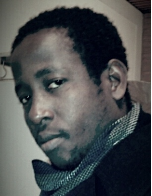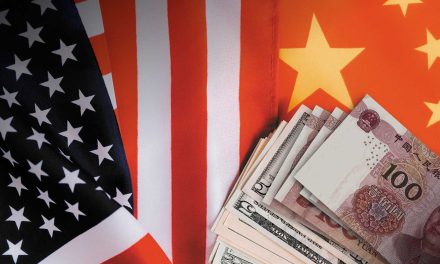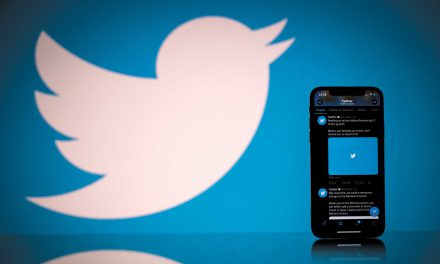On 2 November 2020, Huawei, the Chinese telecommunications multinational, reported on its website that the company, in conjunction with Robotics & Artificial Intelligence Nigeria (Rain) technology hub and Wits University had “jointly launched South Africa’s and Africa’s first 5G laboratory, which gives students access to a live 5G environment to build knowledge of the revolutionary technology’s applications for the local market”.
Beyond the novelty of the technology, the Huawei announcement underscores at least two important interrelated points. First, the company’s decision not only demonstrates a willingness to invest in 5G technology on the continent but also emphasises the continued relevance of the African university in its strategy. Second, and a central focus of this piece, is that the announcement further demonstrates the point that the African university is an emerging arena for US-China technology competition.
However, how are universities in Africa linked – and how are they responding – to unfolding US-China competition? Understanding the linkages and responses are deeply rooted within two broad interconnected settings: one global, the other African.
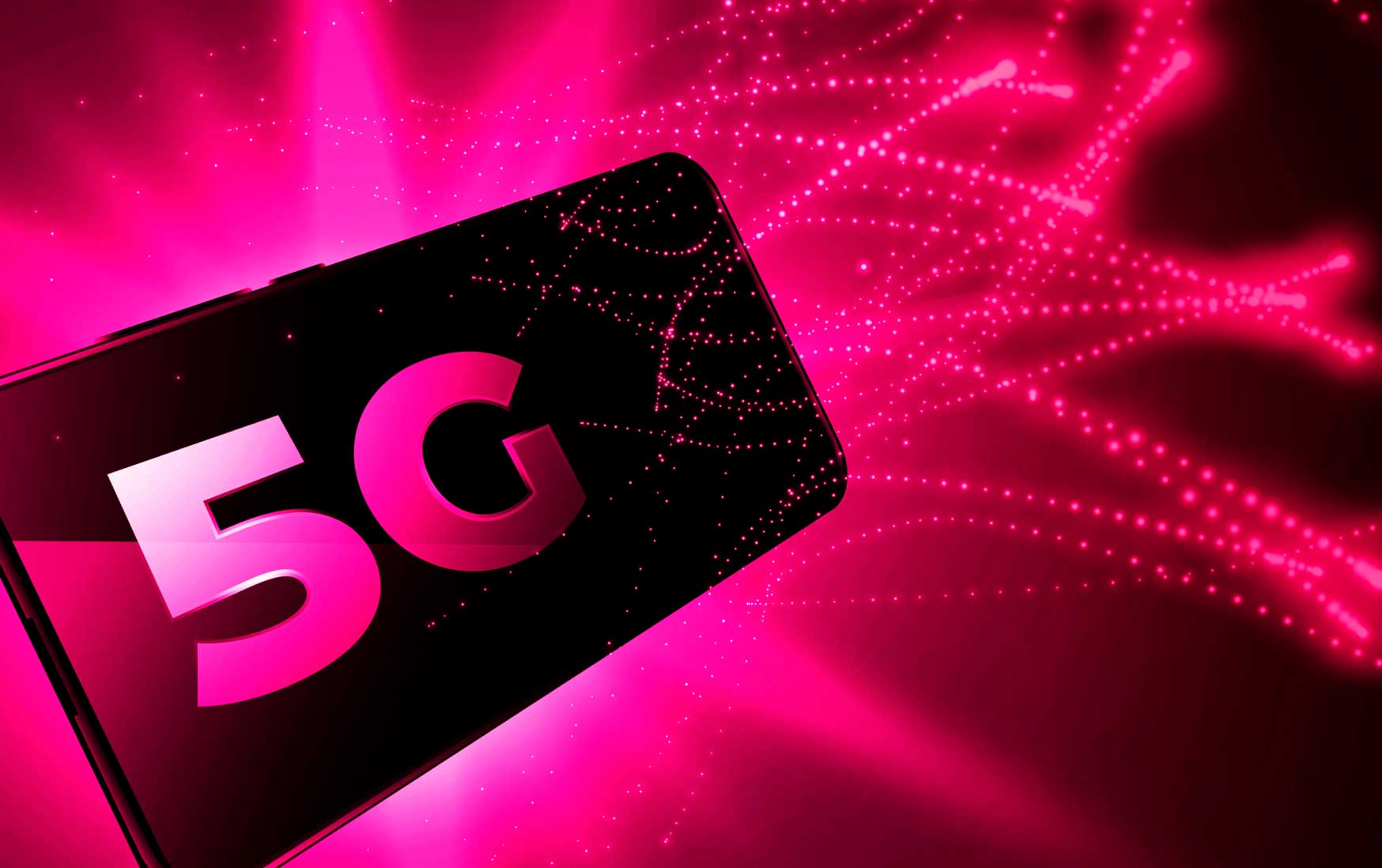
At the global level, the 2020 Huawei announcement happened amid western governments’ hostilities toward Chinese telecommunications companies – fuelled by the suspicions of built-in backdoors in Chinese technologies and the fear that Chinese technologies would overtake the West. In reaction, the US and its allies introduced measures to check the expansion of Chinese technologies. From the Massachusetts Institute of Technology (MIT) to Oxford, political hostilities soon filtered into universities in the West, with many suspending current or future collaborations with Chinese telecommunications companies like Huawei and ZTE. It was in this period that Australia introduced the University Foreign Interference Taskforce (August 2019) believed to target China and Chinese companies in the country.
Within Africa, the 2020 Huawei announcement happened within a context of reliance on both US and Chinese technologies. For instance, just as the American technology company Cisco collaborates with African universities to offer certification courses, Huawei provides similar training. Similarly, while most Africans use smartphones with American, Google Android operating systems, Chinese manufacturers like Transsion (makers of brands like Tecno, Itel, and Infinix) lead the African smartphone market with almost 50%. Combined, Chinese brands control more than 60% of the market.
Even as the Android operating system remains dominant, reports about Huawei’s plans to expand its Harmony operating system are no longer news. Meanwhile, major telecommunications service providers and governments in Africa use Chinese technologies, accentuating the implications in Africa of the so-called Splinternet, meaning a situation where the internet is fragmented and controlled by the US and China.
Generally, African countries have a cordial relationship with both the US and China. This offers companies and technologies from both countries an opportunity to invest and engage in the continent. Like African states, most African universities have not taken sides in the US-China technological competition. Yet, they are linked to this competition because they exist within global and African settings. This linkage, which can be referred to as the non-alignment linkage, is an outcome of the non-alignment of African governments in the competition.
The second is the functionality link. Simply put, as centres of teaching, research, and learning, African universities cannot afford to be left behind in the ongoing struggle for determination and the development of future technologies. Indeed, disciplines such as computer science, telecommunications, mass communications, and related courses in African universities have existed for years, predating the current US-China competition, which essentially began to sharpen up in 2017-2021 under the Donald Trump presidency. Thus, the current ecology of courses in (telecommunications, computer, financial, digital, etc.) technologies offers African universities an incentive to host or partner with American and/or Chinese companies operating in the sector.
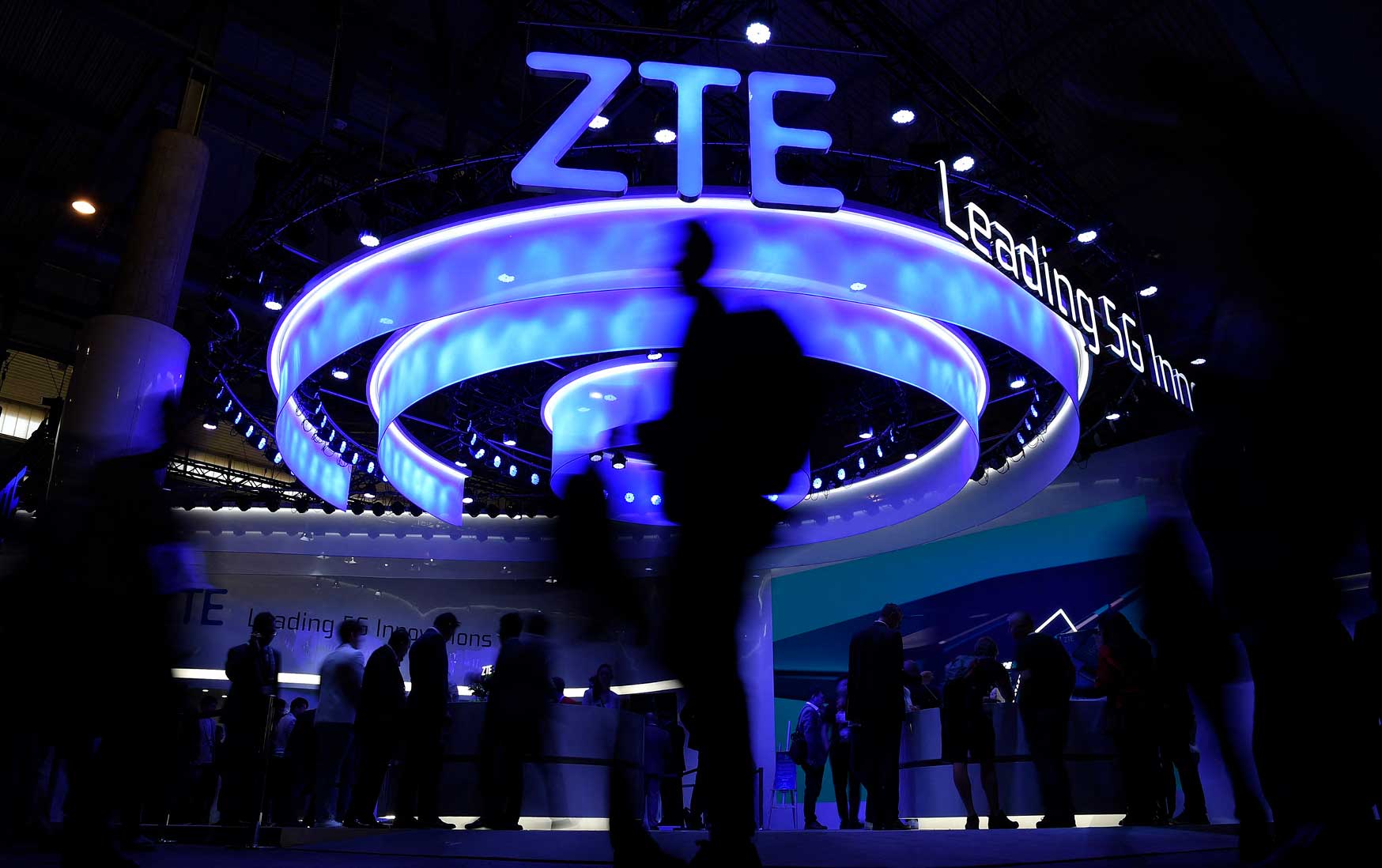
People walk past Chinese company ZTE’s stand at the Mobile World Congress (MWC) in Barcelona, Spain, in February 2019. Photo: LLUIS GENE / AFP
Unfolding US-China competition will impact both states and non-state actors in Africa in diverse ways. Non-state actors include universities, media, private companies, civil society, and individuals. While these non-state actors continue to engage the competition in complex and dynamic ways, often demonstrating their agency, the African university occupies an important role that borders on its core duties of research and development, teaching, and building the next generation of political and industry leaders.
Yet the presence of US-China technologies on Africa’s university campuses varies. For instance, Huawei’s presence on campuses ranges from a small ICT lab at the University for Development Studies in Tamale, Ghana, to the proposed multimillion-dollar Innovation and Experience Centre at the University of Lagos in Nigeria. As with the Cisco Networking Academy and Microsoft’s Africa Development Center-sponsored Game of Learners competition, the Huawei Authorized Information and Network Academy (HAINA) is partnering with many universities in Africa.
Preliminary studies suggest that Huawei’s thrust and strategies to catch up with American technology companies continue to have a presence in African universities. One effective way the company is doing so is, according to its website, “working with local governments and universities to send students overseas to provide work experience with the world’s best ICT equipment”. Though global, many private and public universities in Africa are beneficiaries. Though some research suggests that there are more certified Cisco users, Huawei’s partnership with universities could close the gap.
So, what does the future of US-China competition hold for African universities? The universities are not unaware of the potential revenue and publicity accruable to them as hosts, catalysts, and users of both US and Chinese technologies. Offering technology-related courses could increase the student population, which generates additional internal revenue. Many universities have also set up “consultancies” and directorates or committees to boost this type of revenue drive; a drive that is particularly urgent given the negative economic impacts of Covid-19 on African states that fund public universities.
Nonetheless, there can be challenges. US-China digital competition is still an emerging phenomenon and still in its early stages, so the long-term implications of this reality are unclear. Yet several challenges are already discernible. First, universities – especially the public ones – are influenced by the broader relationships between the African host country, and US and China. Thus, in a situation where a country is under US sanctions, it could become difficult for American technology companies to invest or collaborate with local universities. Similarly, the One China policy (the China position that there is only one Chinese government, and that Taiwan is an inalienable part of a united country) might be a condition for Chinese companies to collaborate with local universities.
Second, the Splinternet, if it happens, could have a disruptive impact on the African universities that invest in the partnership, and third, that US and Chinese technologies dominate in Africa reinforces a historical dependence. By adapting to both technologies instead of leading a home-grown technology that can independently navigate the potentially disruptive impact of dependence on the Splinternet, African universities underscore and reproduce the continent’s historical dependence on the US – and now China. Thus, one question is to what extent local content features in the so-called technology partnership with US and China.
In conclusion, universities are increasingly recognised as elemental in the unfolding US-China competition. Universities are not only users; their agency can have far-reaching implications, not only for technological competition in Africa but how Africans experience it. Nonetheless, while there are significant media reports about how universities are responding to emerging US-China competition, academic research on the subject is at a nascent level. Whether this will change in the coming months or years, time will tell. One almost certain thing is that the African university is now an arena for US-China technological competition.
[activecampaign form=1]
Abdul-Gafar Tobi Oshodi lectures in the Department of Political Science, Lagos State University. A former fellow of the Social Science Research Council’s Next Generation of Social Science in Africa (2013-2014), doctoral fellow at the Centre for Research on Peace and Development, KU Leuven (2013-2017), catalyst fellow of the Centre of African Studies, University of Edinburgh (2019 and 2020), and American Council of Learned Societies’ African Humanities Program Postdoctoral Fellow (2020-2021), Tobi is finalising a monograph titled Imageries of Mao Zedong’s China in Ghanaian newspapers, 1957-1976. His research interest is centred on the “development question” in Africa with a strong bias for Africa-China relations, youth service, nation-building, research ethics and knowledge (re)production.

